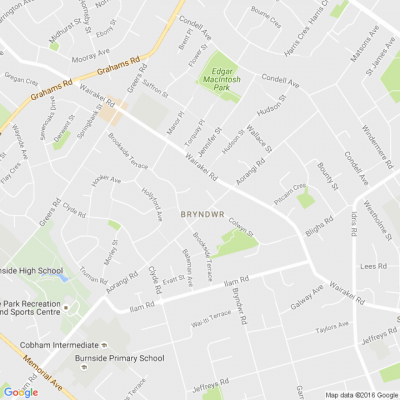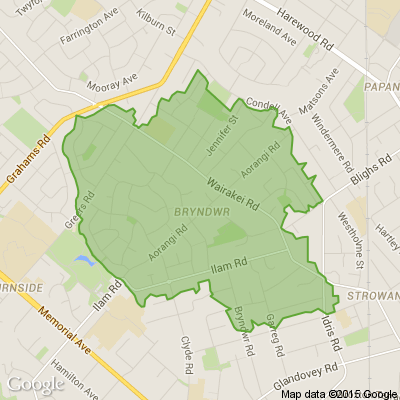Report: Christchurch best city for growth
www.stuff.co.nz...
Treasury Paper 14-10
2.3 Changing policy expectations
While useful, models do not capture all the effects policymakers expect from immigration.
When New Zealand moved to increase the numbers and skills of immigrants in the 1980s and 1990s, policymakers appear to have considered that these changes had the potential to have major beneficial impacts on the New Zealand economy, reinforcing the gains from the other liberalising and deregulating economic reforms undertaken during that period.
At that time, it was considered that skills-focused inward migration could: improve growth by bringing in better quality human capital and addressing skills shortages; improve international connections and boost trade; help mitigate the effects of population ageing; and have beneficial effects on fiscal balance. As well as “replacing” departing
New Zealanders and providing particular help with staffing public services (for example, medical professionals), it was believed that migration flows could be managed so as to avoid possible detrimental effects (such as congestion or poorer economic prospects) for existing New Zealanders.
Since then, New Zealand has had substantial gross and net immigration, which has been relatively skill-focused by international standards. However, New Zealand’s economic performance has not been transformed. Growth in GDP per capita has been relatively lacklustre, with no progress in closing income gaps with the rest of the advanced world, and productivity performance has been poor. It may be that initial expectations about the potential positive net benefits of immigration were too high.
Based on a large body of new research evidence and practical experience, the consensus among policymakers now is that other factors are more important for per capita growth and productivity than migration and population growth. CGE modelling exercises for
Australia and New Zealand have been influential in reshaping expectations.
www.treasury.govt.nz...
Migration and Macroeconomic
Performance in New Zealand:
Theory and Evidence
Julie Fry
New Zealand Treasury Working Paper 14/10
Every new job in tourism makes us poorer as a nation as the average income generated is below the average to generate present GDP per capita.
Share your favourite main crop potato recipe and win a copy of our mag!
Love potatoes? We will give away free copies of the May 2026 issue to readers whose potato recipes are used in our magazine. To be in the running, make sure you email your family's favourite way to enjoy potatoes: mailbox@nzgardener.co.nz, by March 1, 2026.

Poll: 🤖 What skills do you think give a CV the ultimate edge in a robot-filled workplace?
The Reserve Bank has shared some pretty blunt advice: there’s no such thing as a “safe” job anymore 🛟😑
Robots are stepping into repetitive roles in factories, plants and warehouses. AI is taking care of the admin tasks that once filled many mid-level office jobs.
We want to know: As the world evolves, what skills do you think give a CV the ultimate edge in a robot-filled workplace?
Want to read more? The Press has you covered!

-
52.2% Human-centred experience and communication
-
15.1% Critical thinking
-
29.9% Resilience and adaptability
-
2.8% Other - I will share below!
Have you got New Zealand's best shed? Show us and win!
Once again, Resene and NZ Gardener are on the hunt for New Zealand’s best shed! Send in the photos and the stories behind your man caves, she sheds, clever upcycled spaces, potty potting sheds and colourful chicken coops. The Resene Shed of the Year 2026 winner receives $1000 Resene ColorShop voucher, a $908 large Vegepod Starter Pack and a one-year subscription to NZ Gardener. To enter, tell us in writing (no more than 500 words) why your garden shed is New Zealand’s best, and send up to five high-quality photos by email to mailbox@nzgardener.co.nz. Entries close February 23, 2026.







 Loading…
Loading…





